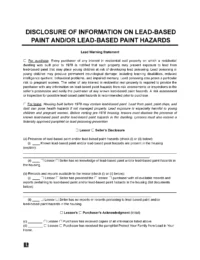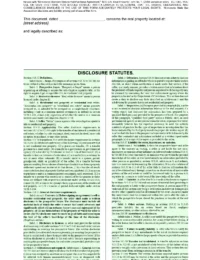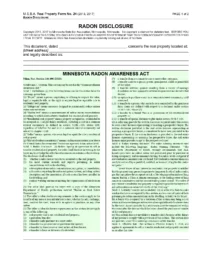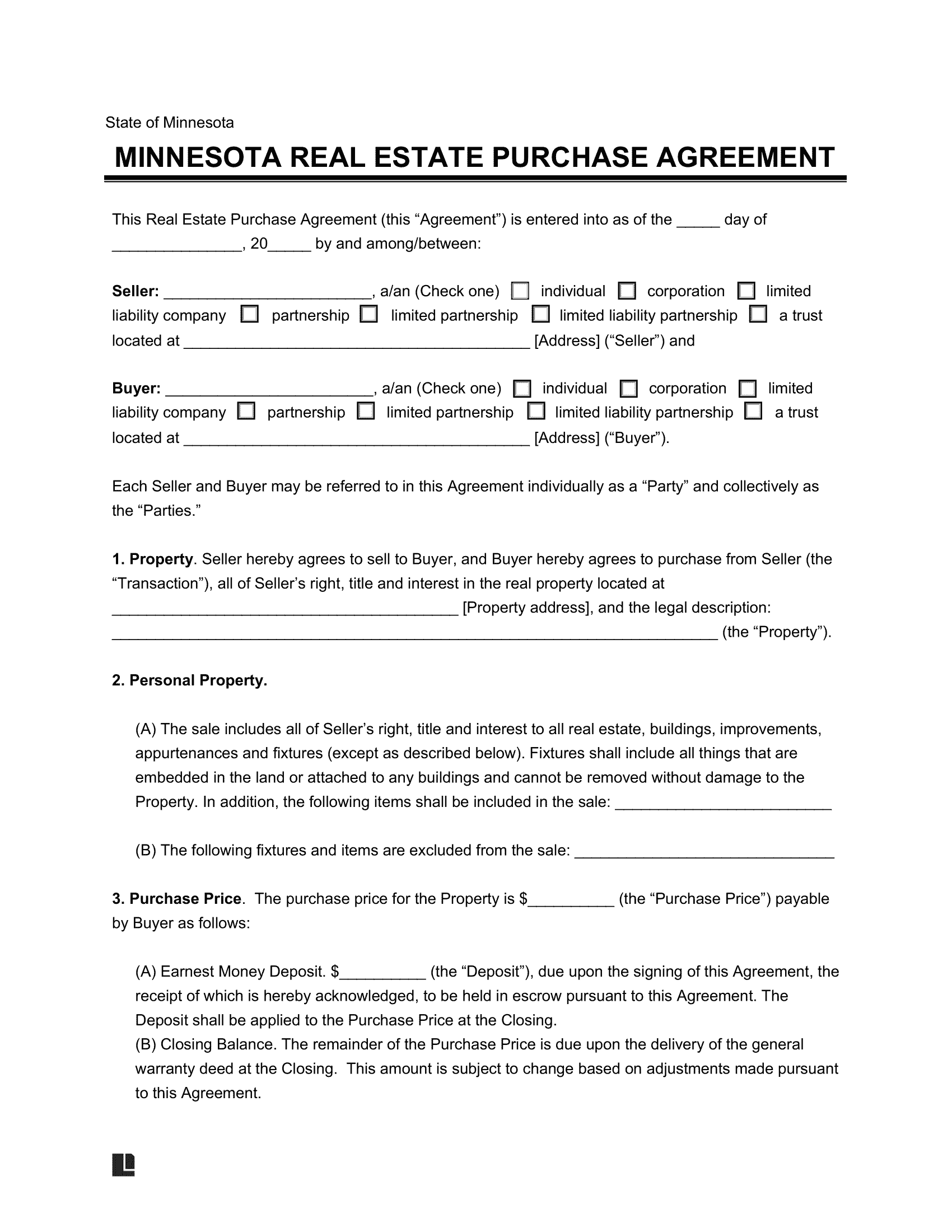A Minnesota residential purchase agreement is a legal contract for buying property, outlining terms like price, closing date, and financing.
Both buyer and seller negotiate until they agree and sign, making it enforceable.
State Laws
- Cancellation Rights: A prospective buyer can cancel a purchase agreement within five days of receiving the required notice or under specific conditions per section 559.217, subdivision 4, without facing penalties and is entitled to a full refund from the seller [1] .
Required Seller Disclosures
Lead-Based Paint Disclosure
Federal law (42 U.S. Code § 4852d) requires sellers to disclose any known lead hazards for homes built before 1978.
Property Disclosure Statement | Real Property Form No. 15
In accordance with the Seller Disclosure Act (§ 513.55), this document is used to disclose the condition of a property and its components to prospective buyers.
Radon Disclosure | Real Property Form No. 24
The (Minnesota Radon Awareness Act) mandates that sellers disclose, in writing, any known radon concentrations in a dwelling to potential buyers before executing a purchase agreement during residential real estate transactions.
Other Disclosures
Dual Agency Disclosure Notice: In real estate transactions where an agent represents both the buyer and seller, it’s crucial to communicate this dual representation clearly to all parties involved. This ensures transparency and understanding throughout the process [2] .
Well Disclosure: Minnesota Statute 103I.235 requires sellers to disclose information regarding the status and location of wells on the property. This includes whether a well is currently in use, sealed, or not in use. The disclosure must be made before signing a purchase agreement [3] .
Do Sellers in Minnesota Have to Disclose Property Defects?
In Minnesota, sellers must disclose any significant defects in real estate. Unlike states with a “caveat emptor” policy, where buyers are responsible for finding defects, Minnesota mandates seller disclosure, providing buyers with better protection against undisclosed issues.



